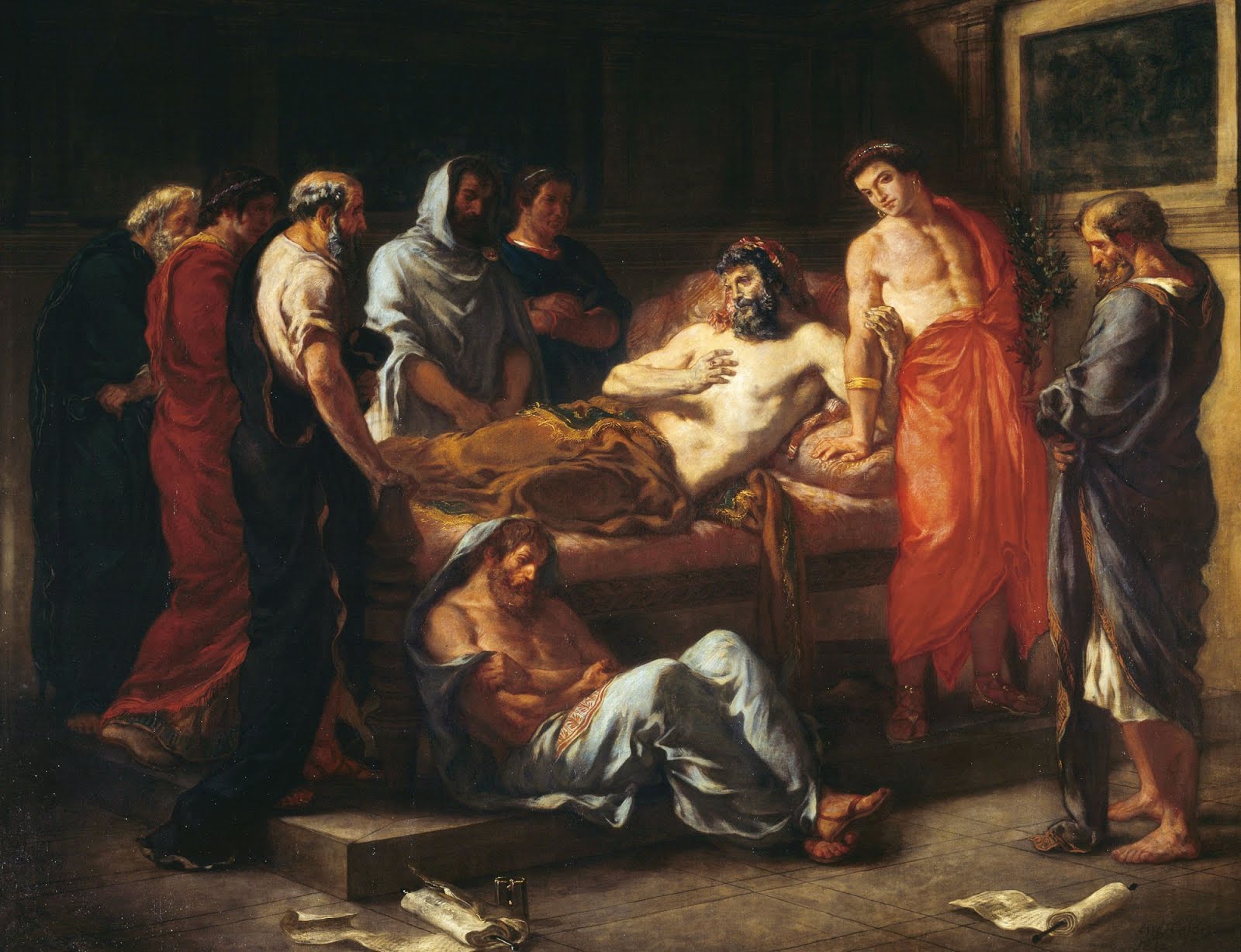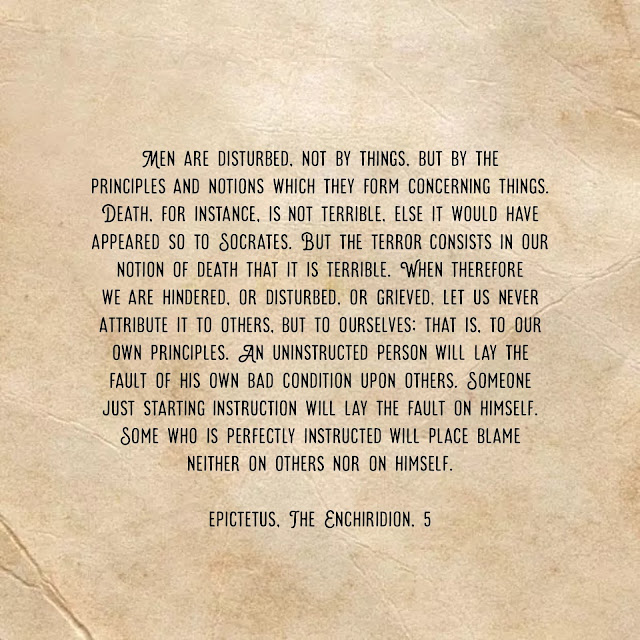Of the corruption of Nature and the efficacy of Divine Grace
1. O Lord my God, who has created me after Your own image and similitude, grant me this grace, which You have shown to be so great and so necessary for salvation, that I may conquer my wicked nature, which draws me to sin and to perdition. For I feel in my flesh the law of sin, contradicting the law of my mind, and bringing me into captivity to the obedience of sensuality in many things; nor can I resist its passions, unless Your most holy grace assist me, fervently poured into my heart.
2. There is need of Your grace, yes, and of a great measure thereof, that my nature may be conquered, which has alway been prone to evil from my youth. For being fallen through the first man Adam, and corrupted through sin, the punishment of this stain descended upon all men; so that Nature itself, which was framed good and right by You, is now used to express the vice and infirmity of corrupted Nature; because its motion left unto itself draws men away to evil and to lower things. For the little power which remains is as it were one spark lying hid in the ashes. This is Natural reason itself, encompassed with thick clouds, having yet a discernment of good and evil, a distinction of the true and the false, though it be powerless to fulfill all that it approves, and possesses not yet the full light of truth, nor healthfulness of its affections.
3. Hence it is, O my God, that I delight in Your law after the inward man, knowing that Your commandment is holy and just and good; reproving also all evil, and the sin that is to be avoided: yet with the flesh I serve the law of sin, while I obey sensuality rather than reason. Hence it is that to will to do good is present with me, but how to perform it I find not. Hence I ofttimes purpose many good things; but because grace is lacking to help my infirmities, I fall back before a little resistance and fail. Hence it comes to pass that I recognize the way of perfectness, and see very clearly what things I ought to do; but pressed down by the weight of my own corruption, I rise not to the things which are more perfect.
4. Oh how entirely necessary is Your grace to me, O Lord, for a good beginning, for progress, and for bringing to perfection. For without it I can do nothing, but I can do all things through Your grace which strengthens me. O truly heavenly grace, without which our own merits are nought, and no gifts of Nature at all are to be esteemed. Arts, riches, beauty, strength, wit, eloquence, they all avail nothing before You, O Lord, without Your grace. For the gifts of Nature belong to good and evil alike; but the proper gift of the elect is grace—that is, love—and they who bear the mark thereof are held worthy of everlasting life. So mighty is this grace, that without it neither the gift of prophecy nor the working of miracles, nor any speculation, howsoever lofty, is of any value at all. But neither faith, nor hope, nor any other virtue is accepted with You without love and grace.
5. O most blessed grace that makest the poor in spirit rich in virtues, and renders him who is rich in many things humble in spirit, come You, descend upon me, fill me early with Your consolation, lest my soul fail through weariness and drought of mind. I beseech You, O Lord, that I may find grace in Your sight, for Your grace is sufficient for me, when I obtain not those things which Nature longs for. If I be tempted and vexed with many tribulations, I will fear no evil, while Your grace remains with me. This alone is my strength, this brings me counsel and help. It is more powerful than all enemies, and wiser than all the wise men in the world.
6. It is the mistress of truth, the teacher of discipline, the light of the heart, the solace of anxiety, the banisher of sorrow, the deliverer from fear, the nurse of devotion, the drawer forth of tears. What am I without it, save a dry tree, a useless branch, worthy to be cast away! “Let Your grace, therefore, O Lord, always prevent and follow me, and make me continually given to all good works, through Jesus Christ, Your Son. Amen.”
IMAGE: Jean II Restout, Pentecost (1732)






_etching,_9.8_x_15_cm.,_Royal_Library_of_Belgium,_Brussels.jpg)
_etching,_9.8_x_13.7_cm.,_Royal_Library_of_Belgium,_Brussels.jpg)
_etching,_9.8_x_15_cm.,_Royal_Library_of_Belgium,_Brussels.jpg)
_etching,_9.8_x_15_cm.,_Royal_Library_of_Belgium,_Brussels.jpg)
_etching,_10_x_14_cm.,_Royal_Library_of_Belgium,_Brussels.jpg)
_etching,_9.8_x_15_cm.,_Royal_Library_of_Belgium,_Brussels.jpg)
_etching,_9.8_x_15_cm.,_Royal_Library_of_Belgium,_Brussels.jpg)
_etching,_9_x_14_cm.,_Royal_Library_of_Belgium,_Brussels.jpg)






.png)
.png)
.png)
.png)













.jpg)
